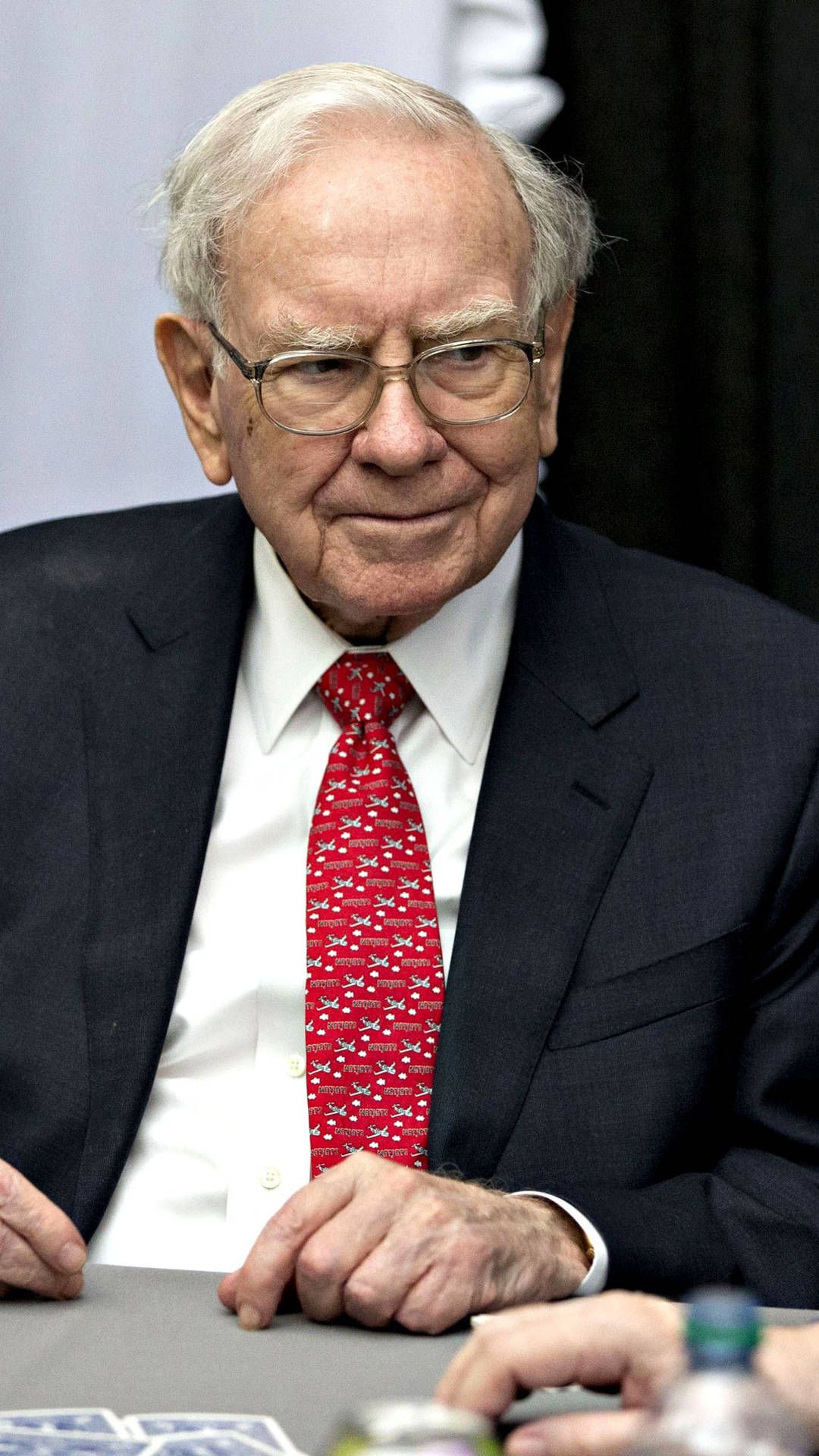For decades, Buffett’s playbook has been simple: when markets panic, he buys; when they surge with excitement, he waits. Right now, he’s waiting — and that patience speaks volumes. Despite record highs in U.S. equities and a flood of optimism around technology, artificial intelligence, and consumer spending, Buffett appears unconvinced that current valuations offer a margin of safety worth pursuing.
“We don’t see anything that makes sense to us right now,” Buffett said in a recent shareholder letter, underscoring his trademark discipline. “There’s no shame in waiting for the right pitch.”
That stance has left Berkshire’s cash pile — roughly equivalent to the GDP of a mid-sized country — parked in short-term Treasury bills, generating modest returns but preserving flexibility for future opportunities.
Why Buffett Isn’t Buying
Several factors explain Buffett’s restraint. First, U.S. stock prices remain near record levels, driven by investor enthusiasm for artificial intelligence and resilient corporate profits. Many analysts believe valuations in sectors like tech and industrials have become stretched. Buffett, a value investor at heart, prefers to buy great businesses at reasonable prices — and right now, the market is offering few of those.
Second, uncertainty about the broader economy lingers beneath the surface of optimism. Inflation, though cooling, remains above the Federal Reserve’s target, and interest rates are still high. Buffett has long warned that high borrowing costs and inflated asset prices rarely coexist peacefully for long.
Lastly, the billionaire’s age-old skepticism toward market fads may also play a role. While much of Wall Street is chasing the next AI winner, Buffett is known for avoiding what he doesn’t fully understand — a discipline that has saved Berkshire from the crashes that follow speculative booms.
A Lesson in Patience and Power
Holding cash is not a sign of inactivity but of optionality. For Buffett, the ability to strike when others are fearful is his ultimate advantage. During the 2008 financial crisis, Berkshire deployed billions to rescue and invest in blue-chip companies like Goldman Sachs and General Electric, reaping massive profits once the market recovered.
Analysts believe Buffett is now positioning Berkshire for a similar opportunity — waiting for prices to correct, or for panic to return, before deploying capital into undervalued assets.
“It’s not that Buffett has lost his touch,” said one market strategist. “It’s that he’s waiting for everyone else to lose theirs.”
Critics vs. Supporters
Not everyone agrees with Buffett’s cautious stance. Some investors argue that sitting on such a vast amount of cash during a bull market is a missed opportunity, especially when even short-term bonds yield less than inflation-adjusted equity returns. Others counter that Buffett’s patience is precisely what separates him from speculators — a philosophy that has consistently outperformed over time.
Indeed, Berkshire’s long-term record remains formidable. Over the past six decades, its stock has delivered returns that far outpace the S&P 500, even with periods of dormancy like the one seen today.
Looking Ahead
Whether Buffett’s caution proves prescient or overly conservative will depend on how the market evolves in the coming year. If valuations remain inflated and growth slows, his cash hoard could become a powerful weapon, allowing Berkshire to buy valuable companies at a discount. But if the market continues to climb, critics may grow louder, questioning whether Buffett’s ultra-cautious approach fits the new era of high-growth innovation.
For now, the message is clear: in a world chasing momentum, Buffett is content to wait for value. As he’s often reminded shareholders, “The stock market is a device for transferring money from the impatient to the patient.”
And with $180 billion in cash, Warren Buffett has never been more patient — or more prepared.
